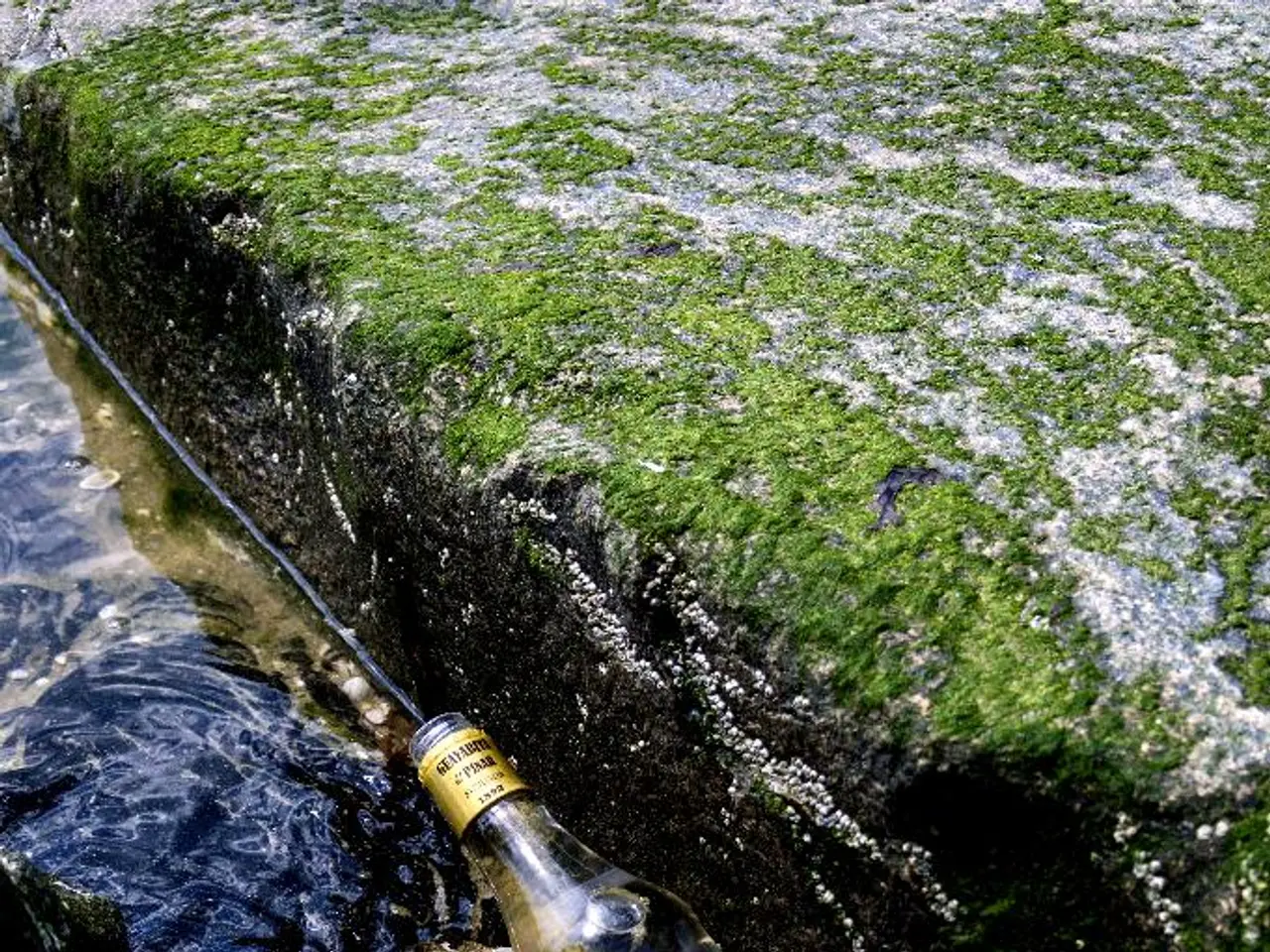Nestlé Experiences Search Over Mineral Water Treatment - Investigation at Nestlé for Processed Mineral Water
The latest findings and regulatory actions regarding the Nestlé mineral water investigation centre on the company's use of unauthorized filtration methods that violate natural mineral water regulations in France and Switzerland.
Key developments include:
* French authorities raided Nestlé's headquarters near Paris on July 10, 2025, as part of an ongoing investigation triggered by a complaint from consumer rights group Foodwatch. The probe focuses on allegations that Nestlé Waters used prohibited filtering methods such as microfiltration and charcoal filtering in its bottled mineral waters, including the Perrier brand, to mask contamination by bacteria and pesticides. Nestlé confirmed the raid and stated it is cooperating fully with the authorities. * In Switzerland, Nestlé Waters was fined €533,000 in June 2025 after prosecutors found the company used banned activated carbon filters in its Henniez mineral water production between 2008 and 2022. The Swiss attorney general accused Nestlé Waters of "misleading consumers" by labeling the product as natural mineral water despite unauthorized treatments. The company removed carbon filtration by March 2023 but faced complaints for concealing the practice. * In France, the prefect of the Gard department issued a formal notice on May 7, 2025, ordering Nestlé to stop using microfilters with a diameter of 0.2 microns at its Perrier bottling plant, as these are banned for natural mineral water. Nestlé was given two months to remove these filters and comply with regulations. On July 3, 2025, Nestlé announced it replaced the banned 0.2-micron filters with 0.45-micron microfiltration systems at the Perrier site, claiming compliance with health authorities. However, as of early July, the prefecture and regional health agency had not yet received official documentation from Nestlé confirming these changes or proving that Perrier water is pure.
In summary, regulatory actions include raids, fines, formal notices to cease illegal filtration, and monitoring to ensure compliance. The investigations highlight serious concerns over unauthorized treatment of natural mineral water by Nestlé, alleged consumer deception, and ongoing scrutiny by French and Swiss authorities. Nestlé is cooperating but must still scientifically demonstrate the purity of its mineral water products after removing illegal filters.
The controversy revolves around mineral water from Nestlé brands such as Perrier, Hépar, Contrex, and Vittel. Nestlé Waters, a division of Nestlé, confirmed the raids and stated they are cooperating fully with the authorities. Nestlé CEO Laurent Freixe previously expressed regret before a parliamentary committee in April. Foodwatch Germany's managing director, Chris Methmann, has spoken out about the issue, accusing Nestlé of food fraud and stating that if global corporations get away with deceiving consumers, it undermines the foundations of food safety regulation. The controversy surrounding Nestlé Waters' practices in France is ongoing.
- The community policy of Nestlé should address their cooperation with authorities during the investigation of unauthorized filtration methods in their mineral water production, as seen in the ongoing case in France and Switzerland.
- In the employment policy of Nestlé, there should be measures to ensure transparency and adherence to health-and-wellness standards, especially in relation to the production of their mineral water brands like Perrier, Hépar, Contrex, and Vittel.
- The company's finance department should prepare for potential fines and legal fees due to violations of natural mineral water regulations, as demonstrated by the €533,000 fine imposed on Nestlé Waters in Switzerland.
- Nestlé's lifestyle and food-and-drink divisions should focus on restoring consumer trust through demonstrating the scientific purity of their mineral water products, following the removal of illegal filters, and addressing accusations of consumer deception.




